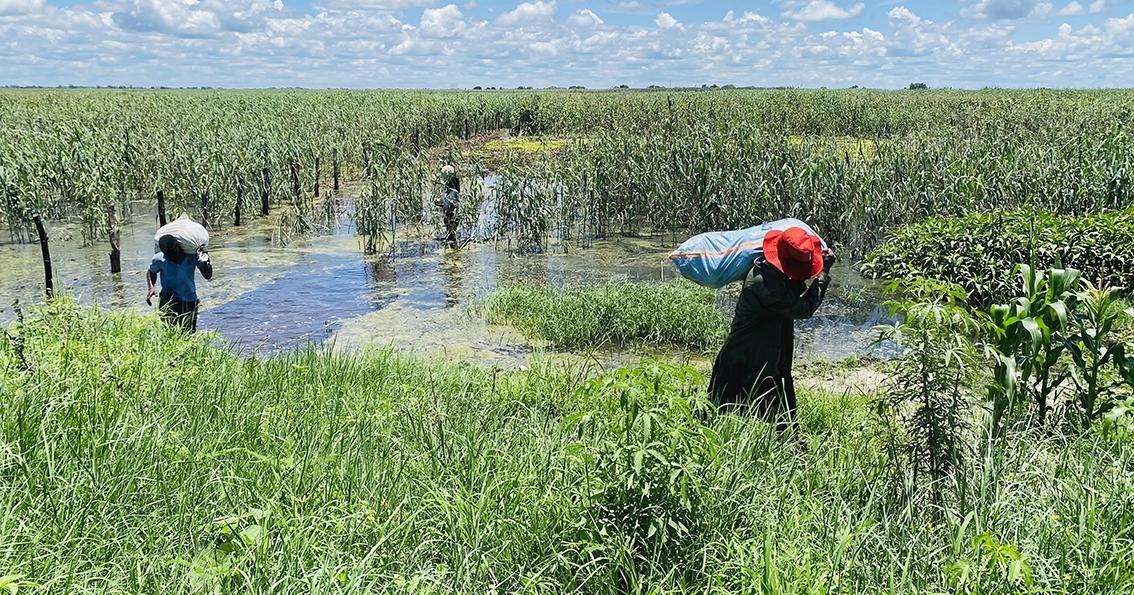Africa-Press – Botswana. As government prepares to revise the long-standing 1991 Agricultural Policy, farmers have been urged to actively engage and ensure their concerns and realities on the ground are well represented.
The advice came from the National Agricultural Research and Development Institute (NARDI) CEO, Professor Julius Atlhopheng when officiating the Kweneng Beef Farmers Association Field Day held in Molepolole on Saturday.
Prof. Atlhopheng emphasised the importance of farmers’ participation in shaping the revised policy, noting that an inclusive policy would ensure that reforms reflected the experiences of farmers, particularly those in open veld cattle farming, who make up the majority.
“Records indicate that only 20 per cent of beef farmers operate on ranches, while 80 per cent practice open grazing. This clearly shows that the country’s beef production is largely driven by communal farmers, and their voices must be heard in policy spaces,” he said.
He acknowledged a number of challenges raised by farmers and shared that the Ministry of Lands and Agriculture was already working to address some of those through the establishment of new specialised departments, including one focused on pricing mechanisms and another on partnership facilitation.
In line with the event’s theme: Gearing Towards Production of Good Quality Beef Through Technologies, Professor Atlhopheng encouraged farmers to adopt smart farming technologies to enhance livestock productivity such as tools for improving calving rates, managing disease outbreaks and reducing mortality.
He also urged farmers to take advantage of artificial insemination straws supplied by government, and sourced from high-quality cattle breeds imported from countries such as the United States, to help improve the national herd.
Kweneng Beef Farmers Association representative, Mr Moroka Tshwaane, said the association was revived in 2016, to promote knowledge-sharing and peer support among farmers.
He highlighted the association’s ongoing contribution to national causes, pointing out that at the height of the COVID-19 pandemic, members donated 11 cattle, small stock, and over P7 000 to the national relief effort.
Mr Tshwaane also talked about challenges affecting the sector, including encroachment of cultivated fields on open grazing areas, livestock theft and predator attacks, shortage of veterinary extension services, particularly in remote cattle posts, unreliable national herd data due to limited field presence of extension officers, cumbersome EU compliance processes, with frequent re-registration requirements, disease outbreaks and low cattle prices that undermine profitability.
“Without adequate veterinary coverage and data collection at cattle posts, we cannot make informed decisions or accurately track the performance of our national herd,” he said.
While only a few farmers exhibited livestock at the event, participants stated that platforms such as the field day remained critical for visibility and market access.
Exhibitors expressed concern over the high costs of transporting and feeding animals, which they cited as a key barrier to broader participation.
For More News And Analysis About Botswana Follow Africa-Press






